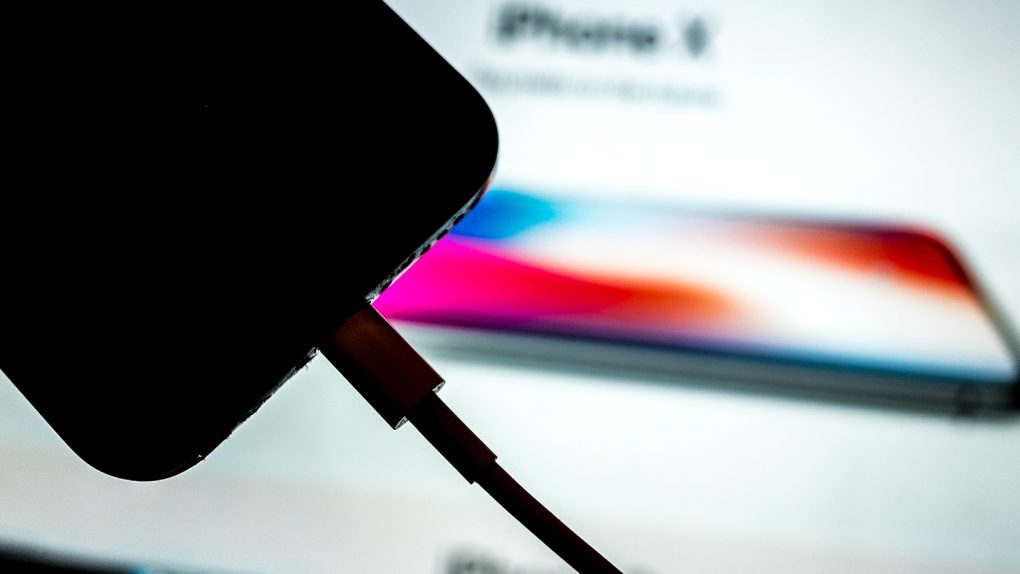During Apple’s earnings conference call yesterday, Tim Cook fielded a question about the controversy resulting from Apple’s admission that it throttles performance on older iPhones with degraded batteries. Specifically, Cook was asked if the company was anticipating a slow down in iPhone upgrades now that owners of older models can get an out-of-warranty battery replacement for just $29. Hardly a new point of speculation, one analyst earlier this month suggested that Apple’s new battery replacement program could theoretically cost Apple millions in new sales.
Addressing the issue, Cook began by stating that the motivation behind Apple slowing down older iPhone models was solely to improve the user experience. And on a related note, Cook emphatically stated that Apple did not take into account how the company’s nascent battery replacement program might impact the rate of iPhone upgrades.
“We did not consider in any way, shape, or form, what it would do to upgrade rates,” Cook explained. “We did it because we thought it was the right thing to do for our customers. And sitting here today, I don’t know what effect it will have. And again, it’s not and was not in our thought process of deciding to do what we’ve done.”
Cook’s statement notwithstanding, the fallout from the battery controversy doesn’t appear to be going away anytime soon. Quite the contrary, the controversy seems to be picking up steam with each passing week. In addition to dozens of class action lawsuits on the matter, Apple earlier this week confirmed that both the DOJ and the SEC have begun looking into the issue as well.
In a statement confirming said investigations, Apple articulated that it would never hamper a software release with the aim to spurring hardware upgrades.
“As we told our customers in December,” Apple’s statement reads in part, “we have never — and would never — do anything to intentionally shorten the life of any Apple product, or degrade the user experience to drive customer upgrades.”








